COPD (Chronic Obstructive Pulmonary Diseases) - global advocacy
This collection provides data on the global burden of disease, global targets relating to COPD and access to diagnostic tools and treatments.
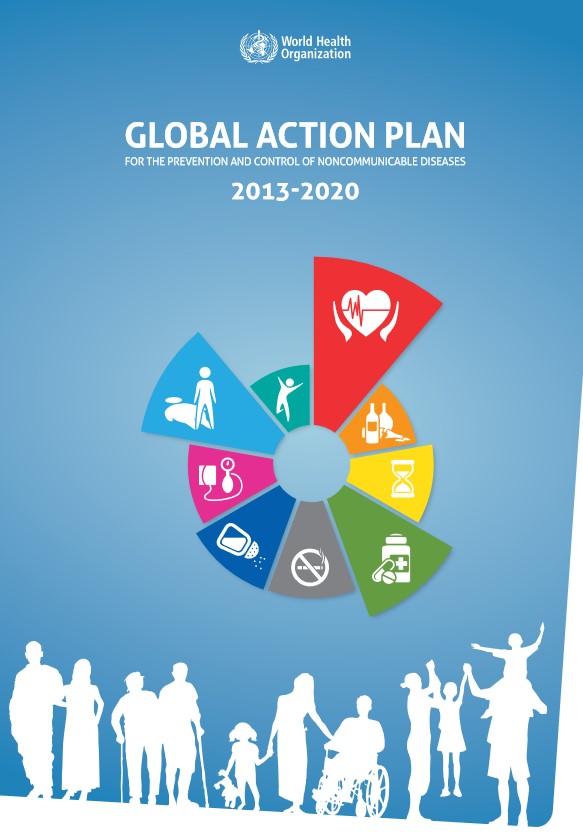
Strategy document
16 Feb 2014
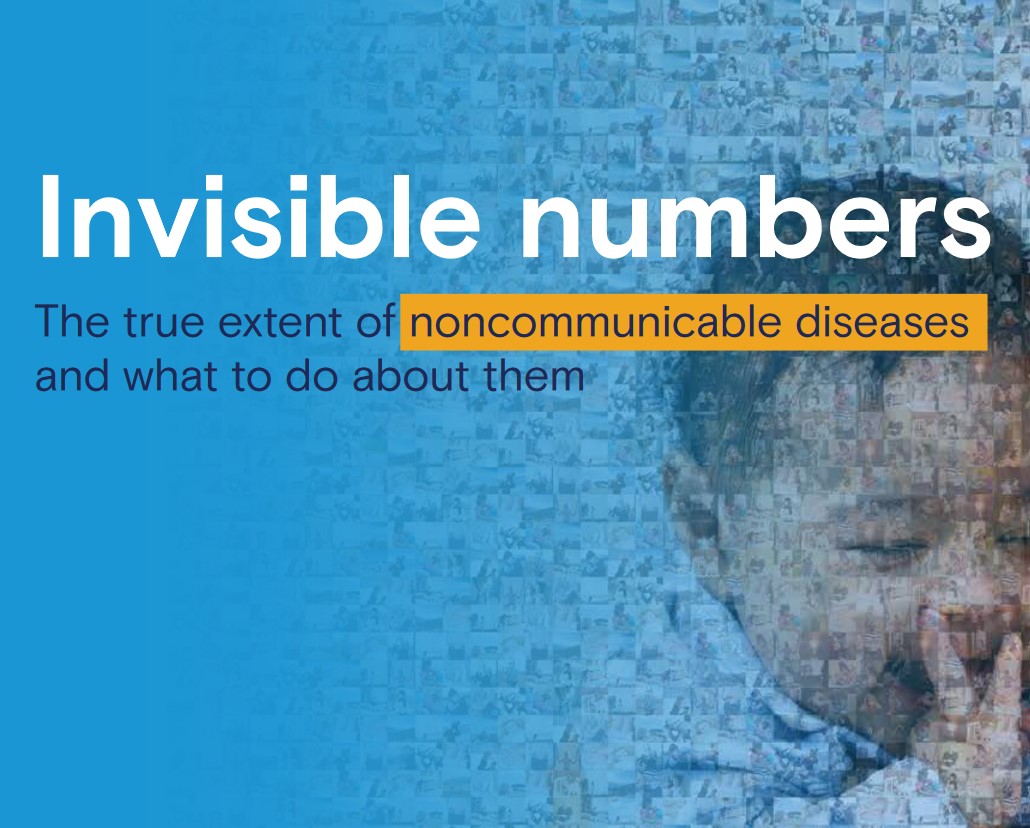
Report
24 Oct 2022
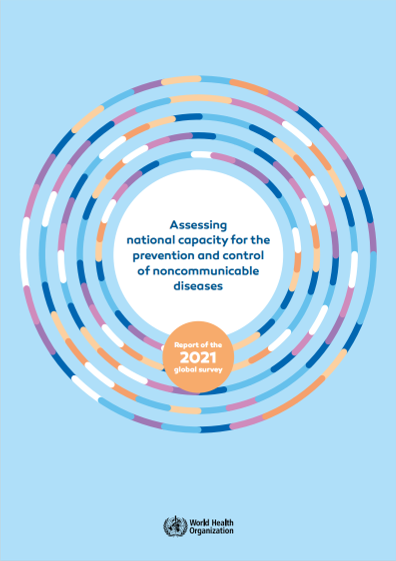
Report
19 Sep 2023

Briefs & Fact Sheets
07 Mar 2024
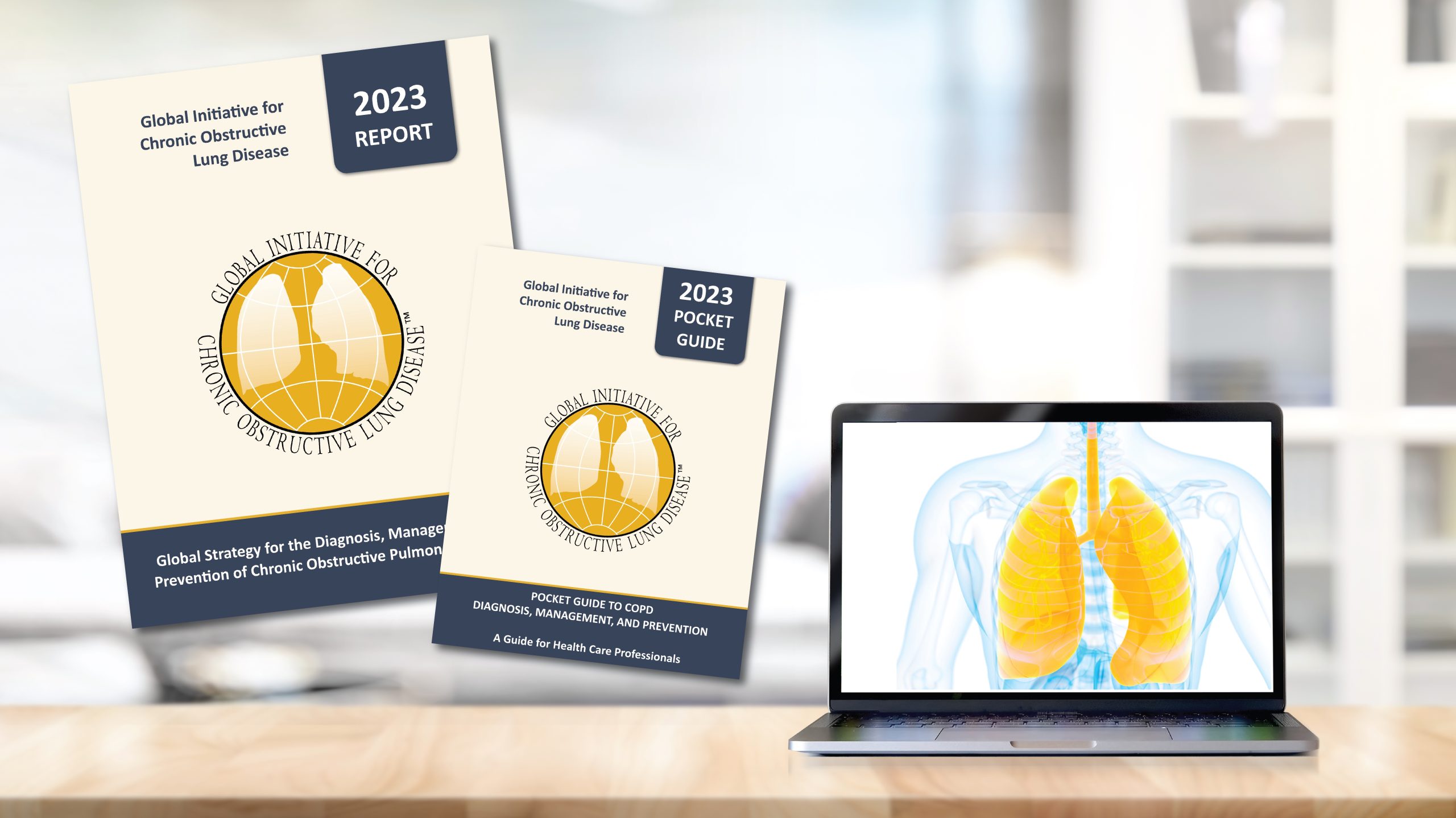
Report
01 Jan 2023
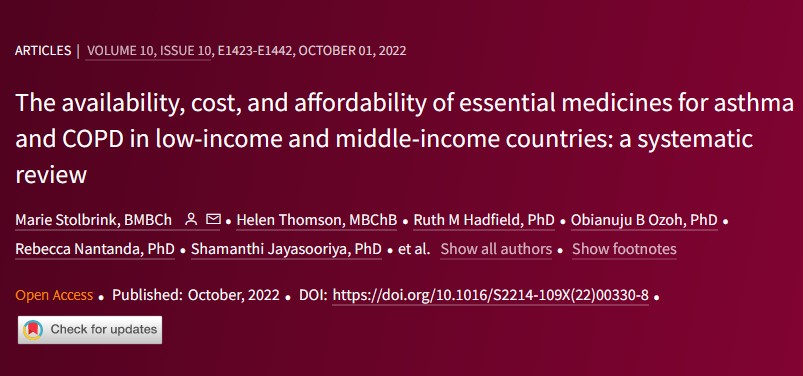
Article
01 Oct 2022
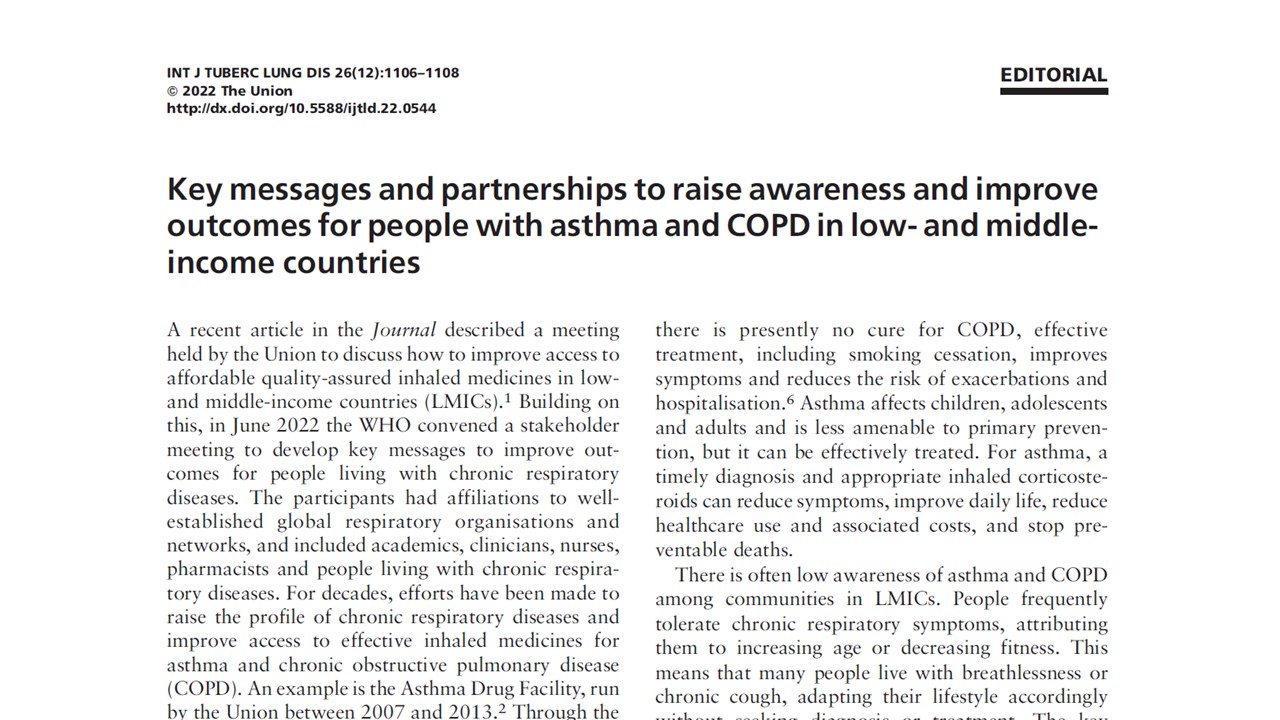
Article
01 Dec 2022
There are over 200 million people in the world living with COPD.
COPD is the third leading cause of death. In 2019, COPD caused 3.23 million deaths.
Nearly 90% of deaths in people aged <70 years occured in low- and middle-income countries.
The prevention and control of COPD is part of the global NCD agenda, included in the United Nations Sustainable Development Goals
SDG target 3.4: By 2030, reduce by one third premature mortality from NCDs through prevention and treatment.
SDG target 3.8: Achive universal health coverage, including financial risk protection, access to quality essential health-care services and access to safe, effective, quality and affordable essential medicines and vaccines for all.
Access to diagnostic testing and inhaled medicines remains a challenge in many countries.
In 2021 WHO conducted a global survey to assess national capacity for the prevention and control on NCDs. For low- and middle-income countries:
These essential resources for diagnosis and treatment must be available in primary health care, as part of universal health coverage.
For more information on COPD, including resources, events and news items, please visit the Global Alliance Against Chronic Respiratory Diseases (GARD) community.